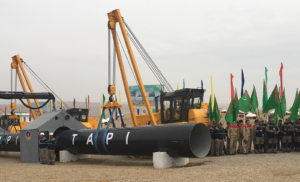South Korea’s Preemptive Strike: A Travel Ban Amidst Middle East Tensions
A Precautionary Measure
In a strategic move to safeguard its citizens, South Korea has implemented a travel ban on its nationals visiting border regions of Lebanon and Israel. The decision, precipitated by the escalating tensions in the Middle East, underscores the government’s commitment to prioritizing the safety and well-being of its citizens.

Heightened Security Risks
The imposition of the travel ban, which effectively prohibits access to areas near the Blue Line – the disputed border between Lebanon and Israel – reflects a sober assessment of the heightened security risks in the region. By taking this proactive measure, South Korea aims to mitigate the possibility of its citizens becoming entangled in the crossfire or falling victim to potential attacks.
A Call for Evacuation
The South Korean Foreign Ministry’s directive to evacuate citizens already present in Lebanon and Israel further emphasizes the gravity of the situation. This advisory underscores the government’s determination to protect its nationals from the evolving and unpredictable security landscape in the Middle East.
Global Implications
South Korea’s decision is indicative of a broader global concern over the instability in the region. As the conflict in the Middle East continues to escalate, other nations may follow suit in implementing similar precautionary measures to safeguard their citizens. The travel ban serves as a stark reminder of the complex geopolitical dynamics at play and the imperative for governments to prioritize the safety of their citizens in times of crisis.
A Test of Global Interconnectedness
This incident highlights the interconnectedness of the global community and the potential for events in one region to have far-reaching consequences. As the situation in the Middle East unfolds, the international community will be watching closely to assess the impact of this travel ban and the potential for further diplomatic and security measures.










